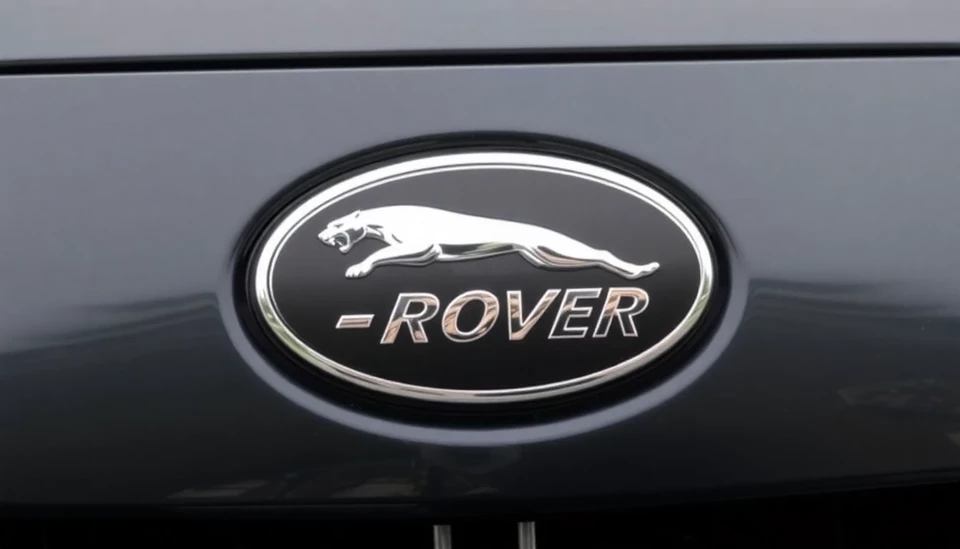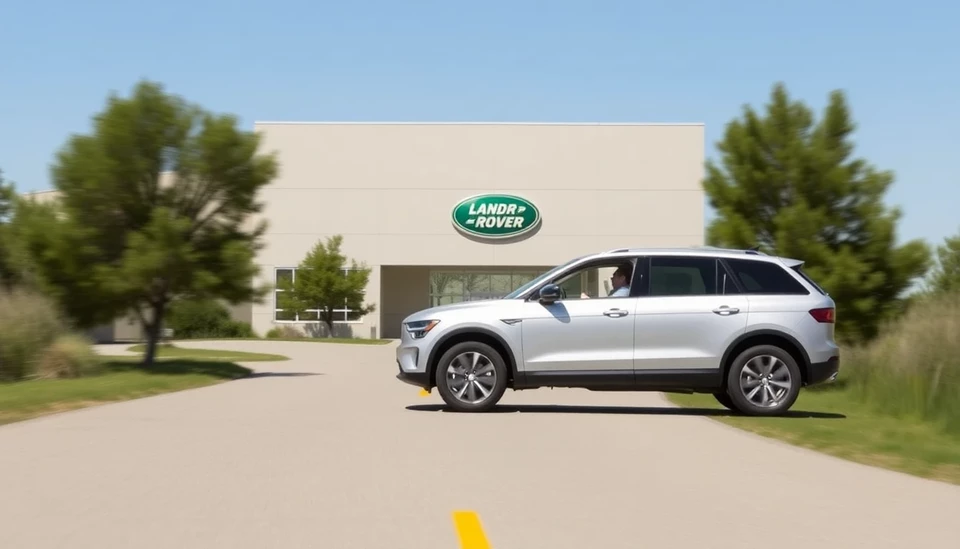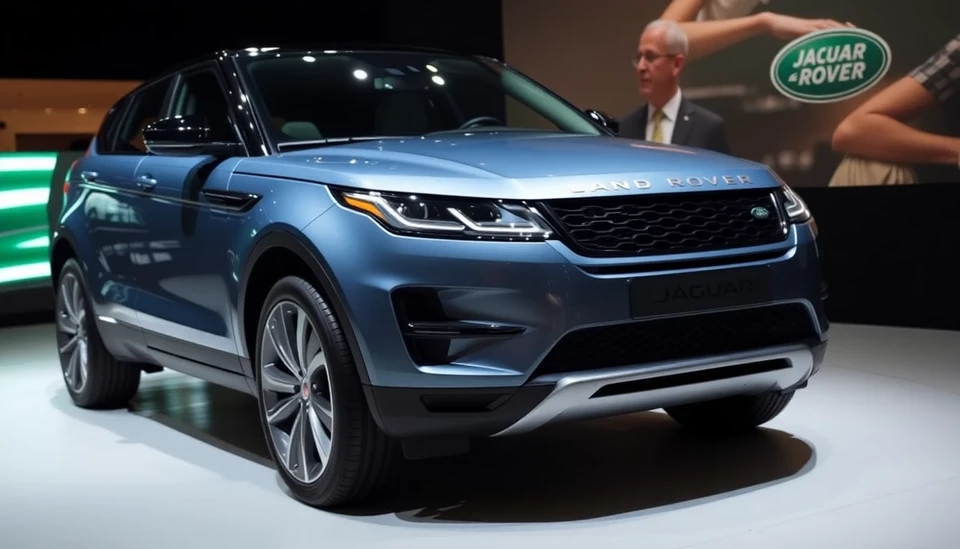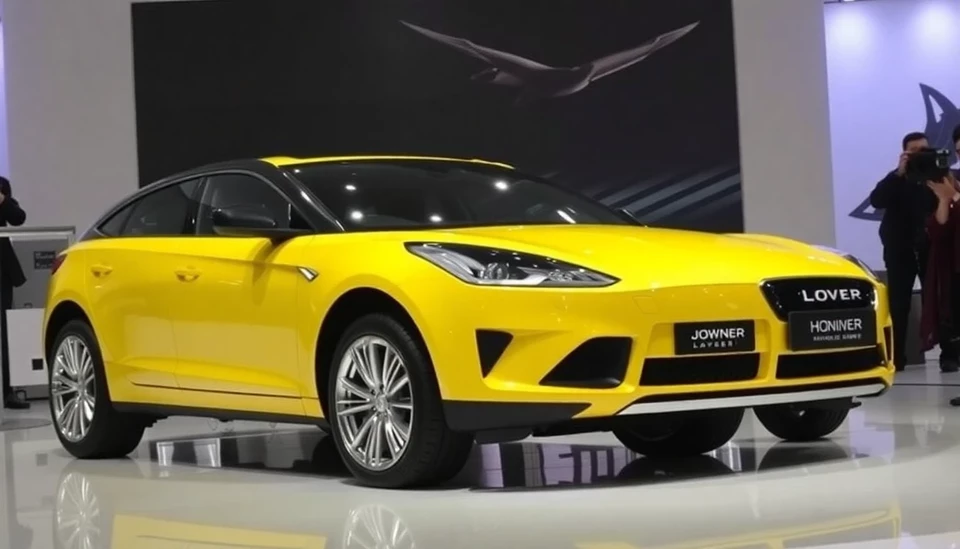
In a significant shift in operations, Jaguar Land Rover (JLR) has announced it will temporarily cease exports to the United States. This decision is primarily influenced by the escalating tariffs imposed on automotive imports. The move, reported by The Times, underscores the growing complexities that manufacturers face within the global trading landscape.
The UK-based luxury automaker has been grappling with a plethora of economic challenges, not the least of which are high tariffs that have made it markedly more expensive to sell vehicles in one of its most lucrative markets. The company’s decision to pause exports is expected to greatly affect its sales figures as the US has traditionally been a strong market for JLR's premium vehicles.
Details surrounding this halt indicate that JLR is taking proactive measures to reassess its strategies in light of the increasing financial pressures resulting from these tariffs. As they analyze the impact on their operations, the automaker aims to explore alternative avenues that might mitigate the costs associated with exporting to the US.
This announcement comes during a broader context where automotive companies worldwide are dealing with challenges prompted by shifting global trade policies. The increasing protectionism in various nations has created an environment where manufacturers must navigate not only consumer preferences but also complex trade regulations and the associated costs of compliance.
JLR’s recent export pause is expected to be temporary, although the timeline for resuming shipments remains uncertain, pending further developments in the political and economic landscape affecting tariffs and trade agreements. In the meantime, how JLR adjusts its operations will be closely watched by industry analysts and competitors alike, as they test the waters of a rapidly evolving marketplace.
This decision is a crucial reminder of the broader implications of trade policies on global businesses—especially for companies like JLR that thrive on international markets. As negotiations about tariffs continue, the auto industry will be waiting to see how the coming months develop and what outcomes might emerge from potentially revised trade agreements.
JLR's commitment to evolving through these challenges reflects resilience—a quality that will certainly be essential for their future operations. As the automotive landscape transforms, stakeholders will be keenly observing how these developments play out in both the short and long term.
For now, Jaguar Land Rover is re-evaluating its approach within the US market, awaiting clarity on the evolving trade climate that has led to this unprecedented halt in exports.
#JaguarLandRover #Tariffs #TradePolicy #AutomotiveIndustry #USExports #LuxuryCars #GlobalTrade
Author: Samuel Brooks


